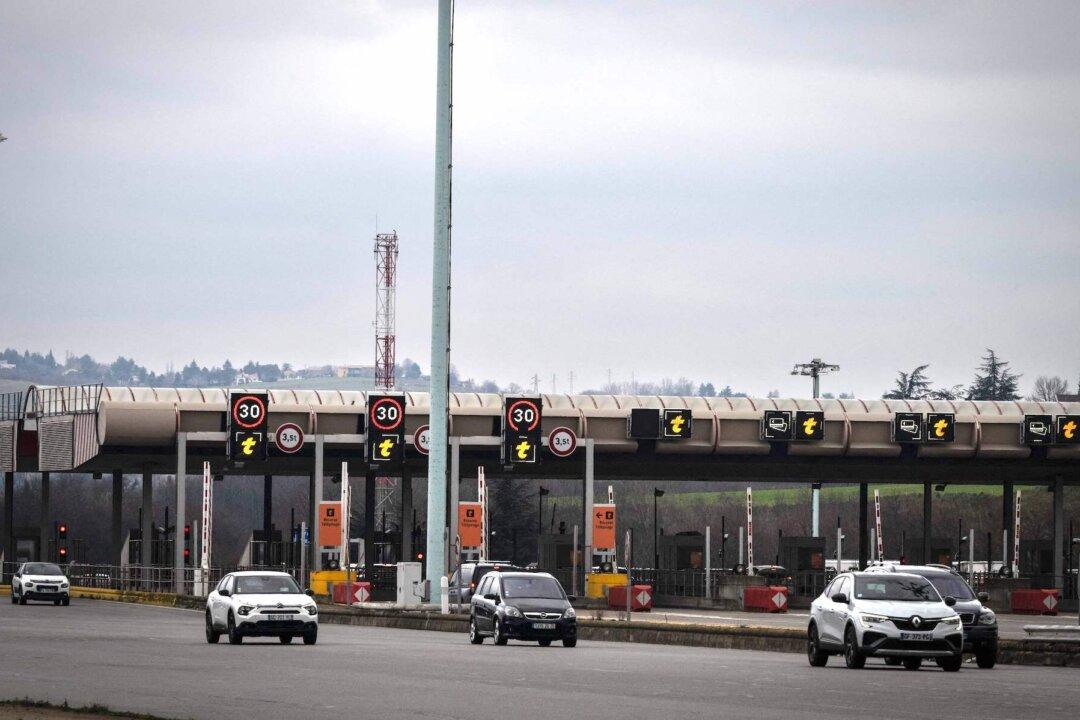The European Parliament formally approved a law to ban the sale of new gas and diesel cars in the European Union from 2035, in a bid to achieve net-zero carbon-dioxide emissions from vehicles.
The new legislation is part of the E.U.’s broader climate ambitions, with the aim of achieving a 100 percent reduction in emissions for new passenger cars and vans by 2035 within the E.U.’s 27-country bloc.





